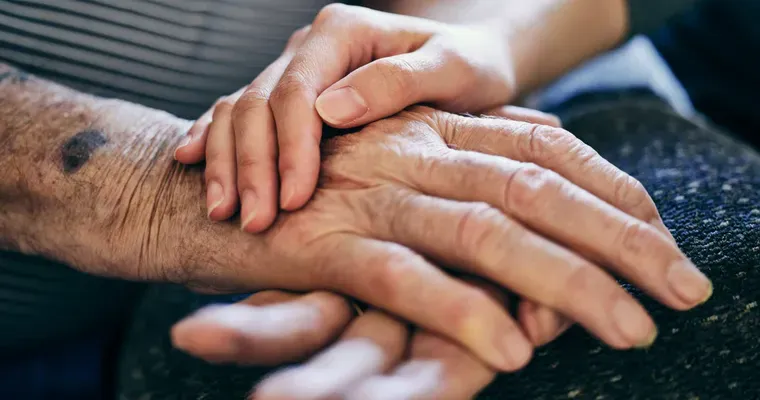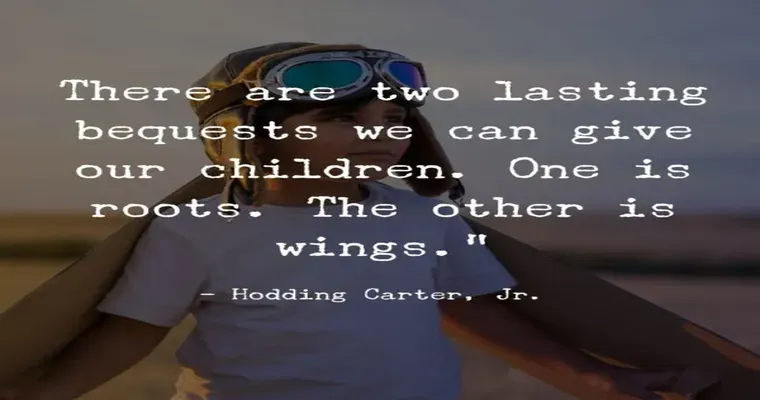Supporting an "elderly grieving father" can be a challenging yet crucial task during a difficult time. As your father navigates through his emotions and the grieving process, it is essential to provide him with the comfort and understanding he needs. This article will explore effective ways to support your father while ensuring he feels loved and cared for during this challenging period.
Understanding Grief in the Elderly
Grief can manifest differently in older adults compared to younger individuals. An "elderly grieving father" may experience feelings of sadness, anger, confusion, or even guilt. It is important to recognize that these emotions are normal responses to loss. Understanding the unique aspects of grief in the elderly can help you approach your father’s situation with empathy and patience.
Be Present and Listen
One of the most valuable ways to support your father is to simply be present. Offer your time and attention, allowing him to express his feelings without judgment. Listening actively can help him feel validated in his emotions. Encourage him to share memories of the loved one he lost, as reminiscing can be a therapeutic way to process grief.
Encourage Professional Help
If your father is struggling to cope with his grief, it might be beneficial to encourage him to seek professional help. A therapist or counselor specializing in grief can provide him with the tools needed to navigate his emotions. Support him in finding the right professional, and if he feels comfortable, offer to accompany him to appointments.
Create a Supportive Environment
Ensure that your father feels comfortable in his living space. This includes keeping his home tidy, ensuring he has access to his favorite activities, and fostering a sense of community. Regularly check in on him, and invite friends and family members to visit. A strong support network can help alleviate feelings of loneliness that often accompany grief.
Engage in Activities Together
Participating in activities together can provide both distraction and comfort. Consider engaging in hobbies he enjoys or exploring new interests. Whether it’s going for a walk, watching a movie, or working on a project, shared activities can help strengthen your bond while offering him a sense of normalcy.
Respect His Grieving Process
Everyone grieves differently, and it is important to respect your father’s individual process. He may want to talk about his feelings one day and prefer solitude the next. Be patient and understanding, allowing him to express himself in his own time and manner. Avoid pushing him to “move on” or to feel better quickly, as this can be counterproductive.
Encourage Self-Care
Remind your father to take care of himself during this difficult time. Encourage him to eat well, stay hydrated, and get enough sleep. Gentle reminders to engage in physical activities, like taking short walks or practicing relaxation techniques, can also be beneficial for his mental and emotional well-being.
Help Him Create a Memorial
Creating a memorial for the loved one he lost can be a meaningful way for your father to honor their memory. This could involve organizing a small gathering with family and friends, planting a tree, or creating a scrapbook. Such activities can provide a sense of closure and help him celebrate the life of the person he’s grieving.
Conclusion
Supporting an "elderly grieving father" requires compassion, patience, and understanding. By being present, encouraging professional help, creating a supportive environment, and engaging in activities together, you can help him navigate his grief. Remember, the grieving process is a journey, and your love and support can make a significant difference in his healing. Stay attentive to his needs, and let him know that he is not alone during this challenging time.





